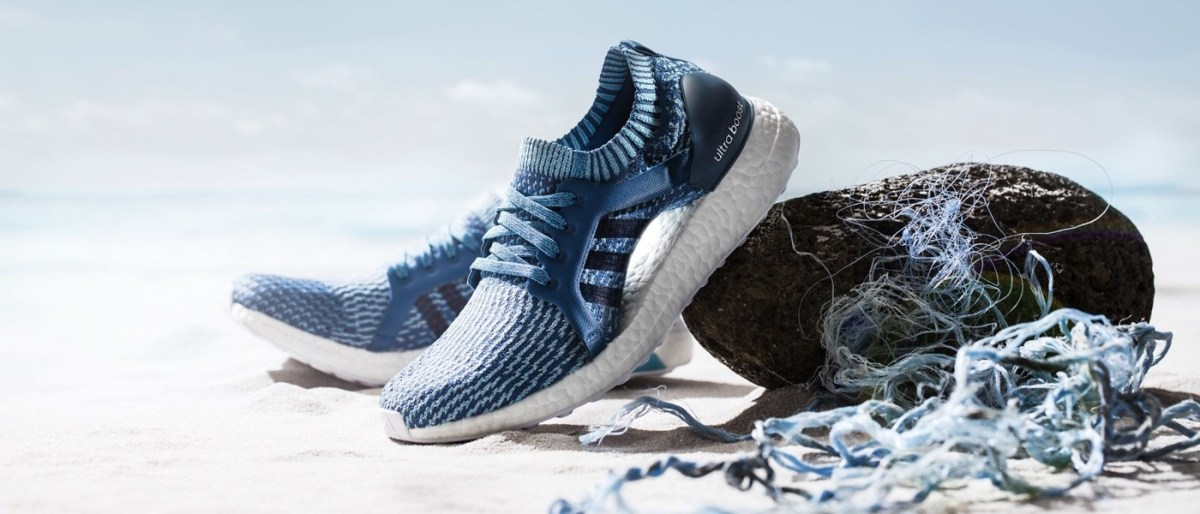adidas was first out of the block in the performance footwear industry when it announced in 2015 that it would offer the first adidas x parley shoe, with an upper made entirely of yarns and filaments from recycled marine plastic and illegal deep-sea gillnets. It partnered with non-profit Parley for the Oceans, whose mission is interception and up-cycling of marine plastic waste gathered from beaches, remote islands and coastal communities. The project has been a success and has extended to apparel. Legendary sports teams like Juventus and Manchester United in soccer, as well as the New Zealand All Blacks, in rugby, are wearing adidas jerseys made with Parley Ocean Plastic®. In April of this year, adidas announced that it will scale up production of the shoes, each pair of which contain about 11 plastic bottles worth of repurposed plastic. In 2019, it intends to produce 11 million pairs of the shoes, up from five million in 2018. Though the 11 million is still small in the scheme of the company’s four hundred million pairs of shoes sold annually, adidas is set to make more than a billion dollars in revenue on the venture, demonstrating the business case for sustainable design.
This is the first step for adidas in a more extensive sustainability strategy. Over the longer-term, it is working to completely eliminate virgin plastic from its supply chain, according to Eric Liedtke in an interview with the Financial Times. The company’s website states it is committed to using only recycled polyester in every product and on every application where a solution exists by (known as A.I.R.) this fully-recyclable, high performance running shoe is currently in beta version and will be rolled out later this year. It is unique in that the entire shoe is crafted from 100% reusable thermoplastic polyurethane (TPU). The press release states, “Once the shoes come to the end of their first life and are returned to adidas, they will be washed, ground to pellets and melted into material for components for a new pair of shoes, with zero waste and nothing thrown away.”
adidas is an example of a company creating scalable, sustainable change – in a way that both drives the bottom line and helps reduce demand for virgin plastic as it shifts to a circular economy.

